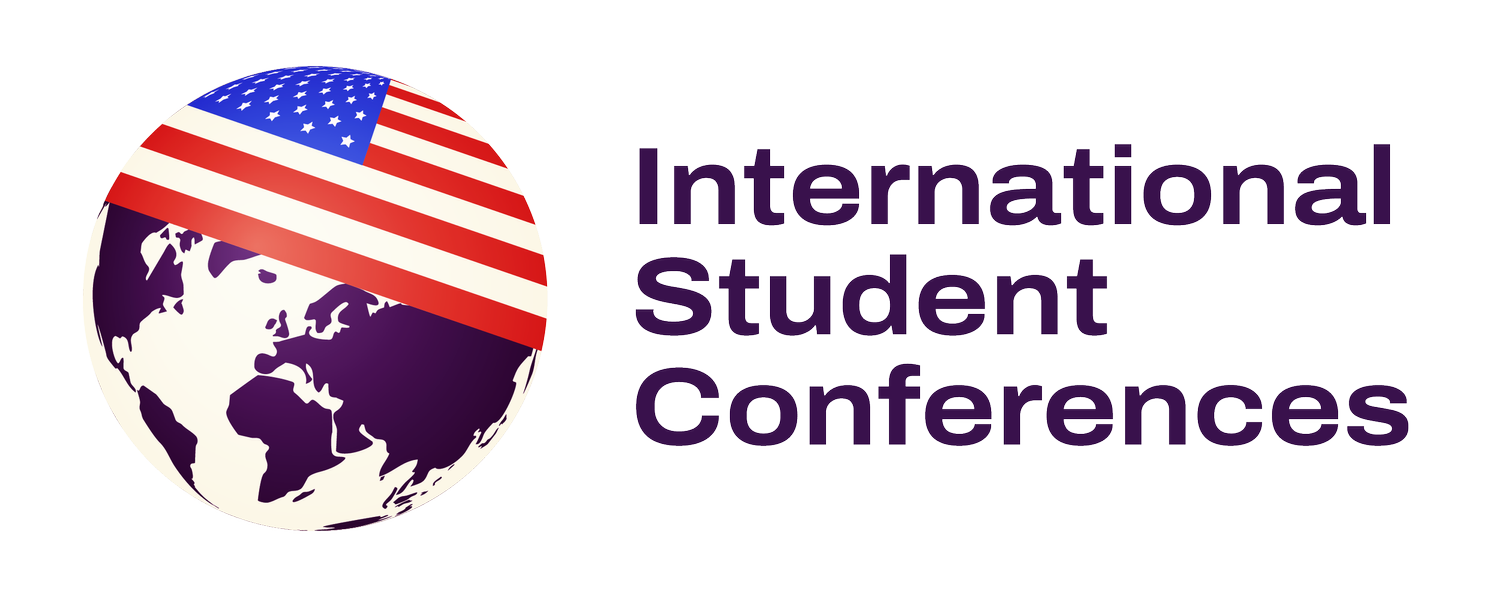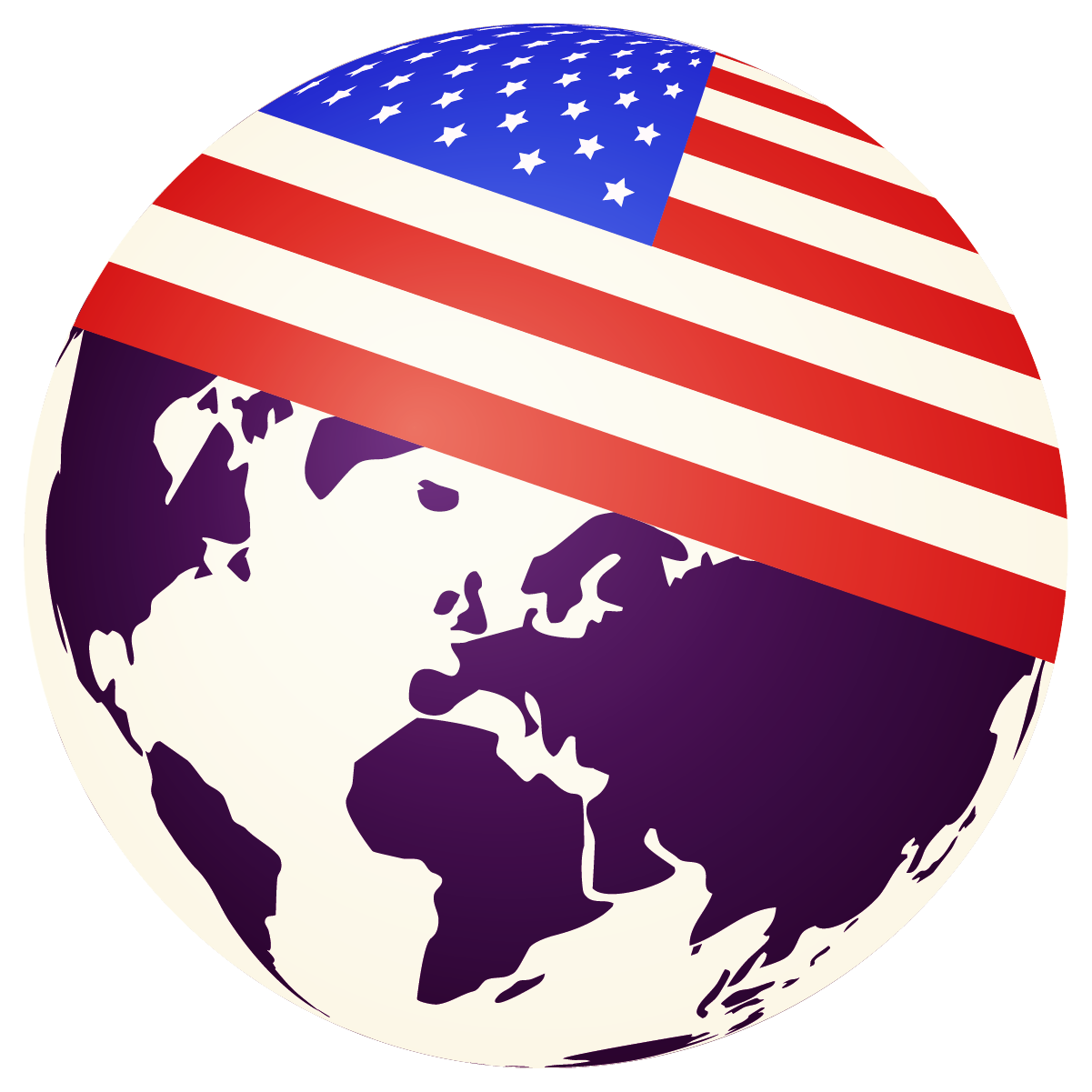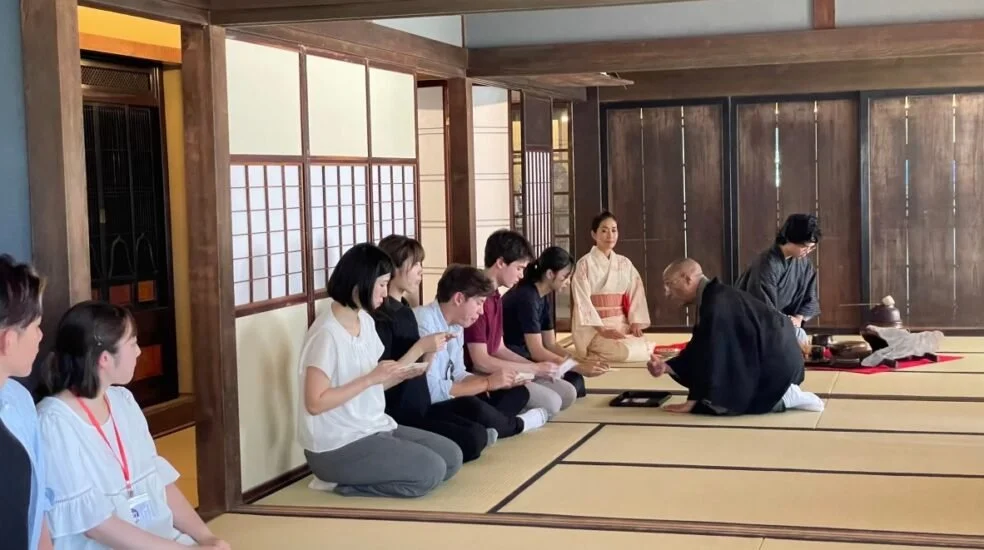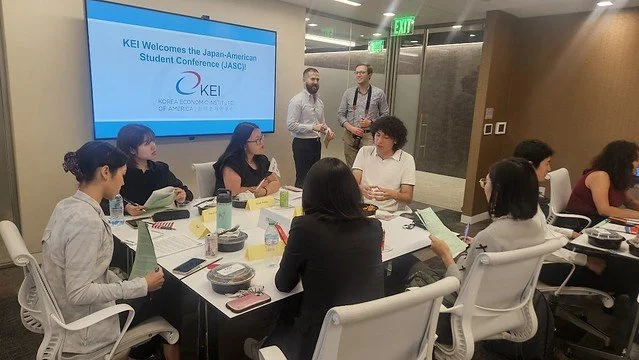JASC 76: It Wasn’t About Consensus. It Was About Curiosity.
Tea Experience for the Japan America Student Conference. August 5, 2024
Three cities. Twenty-four days. One question that kept coming up: "Wait—is that really how you see it?"
The Culture, Arts and Technology roundtable thought they had digital culture figured out. Then they visited the Japanese American National Museum's digital archive project.
"We'd been talking about AI and NFTs like they were just tech issues," one delegate reflected. "But preservation? Identity? Who gets to tell their story? Suddenly it wasn't abstract anymore."
Later that week, at the Los Angeles LGBT Center, the Social Movements and Human Behaviors team had their assumptions challenged differently. "In Japan, we talk about LGBT issues completely differently than in America," a Japanese delegate explained. "Not better or worse. Different. And we needed to understand why before we could understand each other."
By the Midterm Forum, something was happening. Delegates weren't just presenting research—they were pressure-testing it against lived experience from the person sitting next to them.
New Orleans: When Resilience Became Real
The Historic New Orleans Collection delivered a gut-punch lesson in how policy affects real people. Post-Katrina recovery wasn't a case study anymore—it was the neighborhood they'd walked through that morning.
The Environmental Economics and Energy Policy team rewrote their entire approach. "We'd been focused on carbon neutrality targets," their presentation later revealed. "But New Orleans taught us: who bears the cost of transition matters as much as the transition itself."
At the Reflection Forum, a Japanese delegate from the Welfare and Ethics team made a confession: "I came to JASC thinking I had answers. Now I have better questions."
Washington D.C.: Theory Meets Reality
The Korea Economic Institute simulation landed hard. Suddenly, Japan-US Relations in East Asia weren't theoretical—delegates were making real-time decisions about military posture, economic pressure, and diplomatic messaging.
"We failed," one team member admitted afterward. "Our scenario ended in escalation. But we learned more from failing together than we would have from succeeding separately."
At the International Monetary Fund, the Environmental Economics team asked questions that made the experts pause. "You've been thinking about this for three weeks straight," one IMF economist said, impressed. "It shows."
The Final Forum: What They Built
The presentations at the Final Forum weren't perfect. Some delegates were nervous. Some technical elements glitched. But every single presentation showed something more valuable than polish: genuine intellectual growth.
The Social Entrepreneurship team proposed a hybrid business model that borrowed from both cultures' strengths. The Expression and Limitation team delivered a presentation on freedom of speech that made the audience uncomfortable—intentionally. The Welfare and Ethics team didn't offer solutions; they offered a framework for thinking about impossible choices.
Keynote speaker Erin Murphy said what everyone was thinking: "This is what bilateral relations should look like—not agreements made in conference rooms by officials, but understanding built through genuine dialogue."
What Actually Changed
The exit surveys tell part of the story. But the real story is in what delegates said they'd do next:
"I'm changing my thesis topic."
"I want to bring this framework back to my university."
"We're going to keep meeting—across the ocean—to finish this research."
"I'm applying for JET now. I wasn't before JASC."
One Japanese delegate summed it up: "I thought JASC would teach me about America. Instead, it taught me how to think differently about everything."
Ninety Years Strong
At the 90th Anniversary Reception, alumni spanning six decades shared one consistent message: JASC changes you in ways you can't predict and don't forget.
A 1970s alum told current delegates, "I came to JASC thinking I'd make friends. I did. But I also learned how to sit with discomfort, how to change my mind without losing face, how to build something with people who see the world completely differently than I do. Those skills have defined my career."
Sixty-two delegates arrived as individuals representing their countries.
They left as a community representing what's possible when the next generation refuses to accept that understanding is impossible.
That's not just the JASC legacy. That's the future.
Interested in joining the next Japan-America Student Conference? Click here to learn more and apply.




